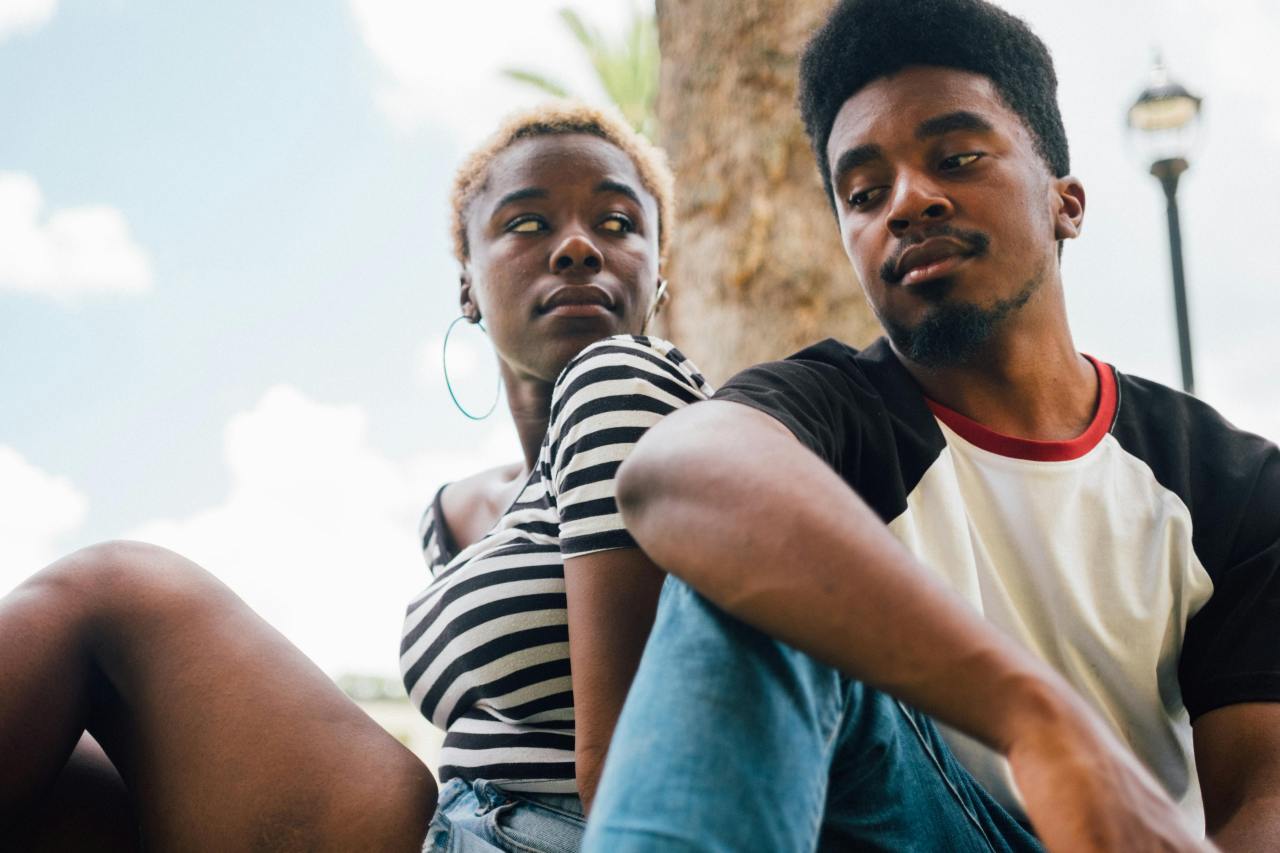
Living With HIV And Finding Love
My name is Marcus Muhammad, and for the last 31 years, I have been living with and battling a virus called HIV. To be clear, I was diagnosed as HIV positive at birth. I shared my story publicly with the world around six years ago in hopes of inspiring others who have been negatively impacted by this disease and spreading awareness because there is still a significant stigma surrounding HIV. Many people didn’t even know it was possible to be born with HIV. HIV can impact one’s life in many ways. The best advice is to take control of the virus and not allow the virus to take control of you. Hopefully, this article will help explain what I mean by that.
I was told I was HIV positive as a child, so I grew up with the mindset to take care of myself to share my story and inspire others. However, in the recent years of my journey, I have met others who shared with me that they contracted HIV, some at birth but the majority in their latter years from various ways. What I found is that HIV takes a heavy toll on someone emotionally and mentally when they find out they have it. I asked myself why being HIV positive makes one so depressed and sad, to the point that some have told me they wanted to end their life. Why is it that when one is diagnosed HIV positive, no one can know? When individuals get other diseases, such as Cancer, Lupus, and Diabetes, they share this with others. But with HIV, it’s a secret. I think this is because of a couple of reasons. Of course, the main one is although HIV is an immune virus, it is sexually transmitted; although that Is not the only way it can spread, it is the main one.
That being the case, it is tough for someone to date and find love. I am married with two children that don’t have HIV. This is very possible. However, most don’t think this can happen or wouldn’t take the risk, and of course, that is their decision, and they are entitled to a choice. If one has HIV and is taking medication, they can achieve the status of undetectable, which means that while they still have HIV, the viral count is so low inside their body that it is not transmissible to others, according to the CDC.
I shared my HIV status with my wife before we got married after about two months of getting to know each other. I informed her that I wanted to talk with her about something important. My biological mother, who I contracted the virus from, passed away when I was two years old. My wife knew she had passed away, but did not know the exact reason. So, I started my story with my mother’s passing and explained that she had HIV, and it passed to me. I explained to her what a viral load and CD4 were, and that so long as I am undetectable, if we choose to have children, she or the children shouldn’t get it. Individuals reading this may think you were born with it; what about those that were not? It is the same regardless of when a person contracted the virus; if you’re undetectable, it won’t transmit.
Now, one must understand that even though not everyone is going to accept this, there are many people who won’t take this risk. I have had so many individuals comment on my videos saying that they wouldn’t accept the risk and even gone to the point that I shouldn’t have attempted to have children. What those who have HIV must understand is that this shouldn’t stop them or make them give up hope of finding love. If others and I can do it, so can you. You may be rejected, or maybe not. The key is ensuring you can trust the person you are telling so they don’t blast your information everywhere.
The other, I think, is telling them at the right time. I told my wife around two months of just getting to know her. Sometimes, people are in a relationship for two years and then inform their partner of their status. They have been intimate, possibly unprotected, and maybe have lived together. Even though the positive individual was undetectable, one still has to put themselves in the other person’s shoes and see how they would feel. You may understand what it means to be undetectable, but they may not have that reality yet. I am not saying we should tell people the first time we have dinner together. But maybe get to know them mentally, emotionally, and morally, and then, after a few months, you tell them if you feel a strong affinity. I think timing is crucial but keeping it off could cause more challenges in the future. If you’re with someone for a year or two and feel you’re in love, you tell them after all that time, and it can cause the rejection to be more painful than telling them after a few months. Of course, every person is different, and timing is critical.
I also want to say that people with HIV should be confident that they will find love; maybe it will be someone else who has HIV, or perhaps they won’t. But don’t put in your mind that you will never find someone. I was a child and had already asked God for a family. I was very nervous and scared when I told my wife, but I was also confident and had faith that I could have a family. The greatest thing we can do before seeking love from others is to make sure we love and accept ourselves. When I talk like this, some people get the perception that I am happy I have HIV. Who would be happy with a disease that they may potentially have for the rest of their lives? However, I am not going to allow HIV to make me sad or depressed, and neither should you. Try to find the things you love to do and be grateful for your life and the little things that may be big for others. When you have this type of mindset, then HIV will still be there, but it’ll become a more minor problem. If you are HIV positive, it may take a little more work, but you can find love, and it’s time we start believing that and loving ourselves.
Reference: CDC (2024, April 12). Treating HIV. CDC.gov. Retrieved July 31, 2024, from CDC Link











